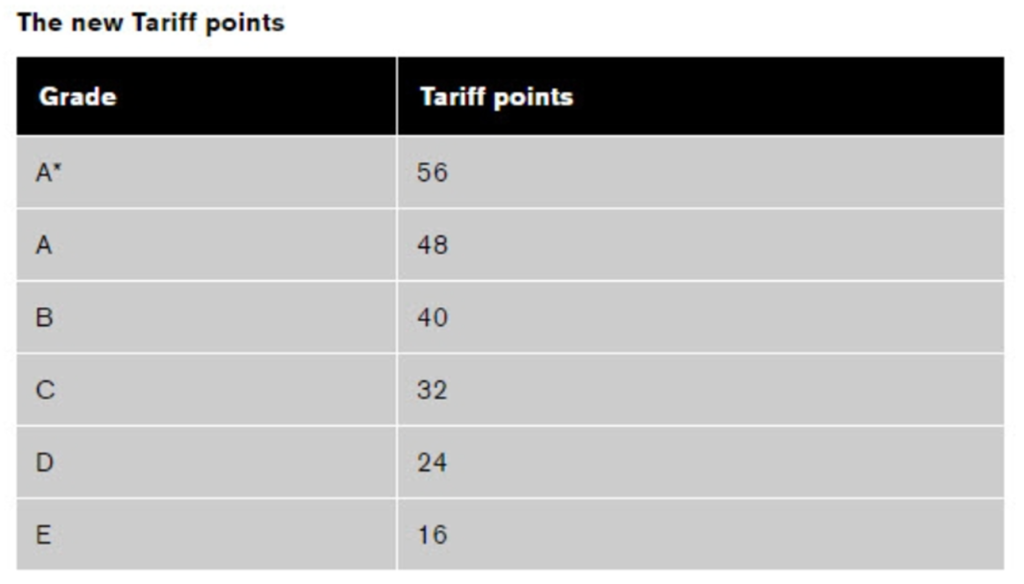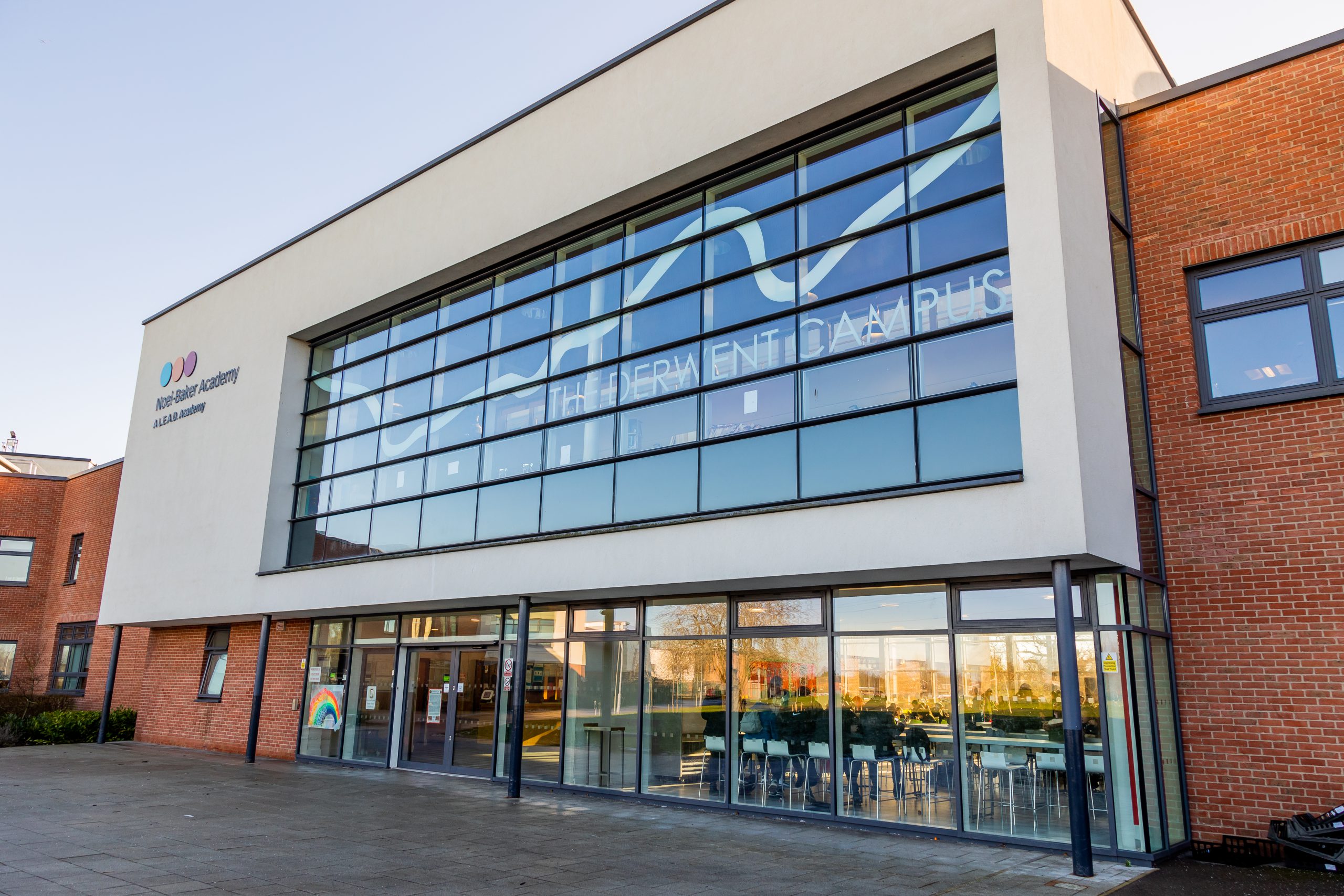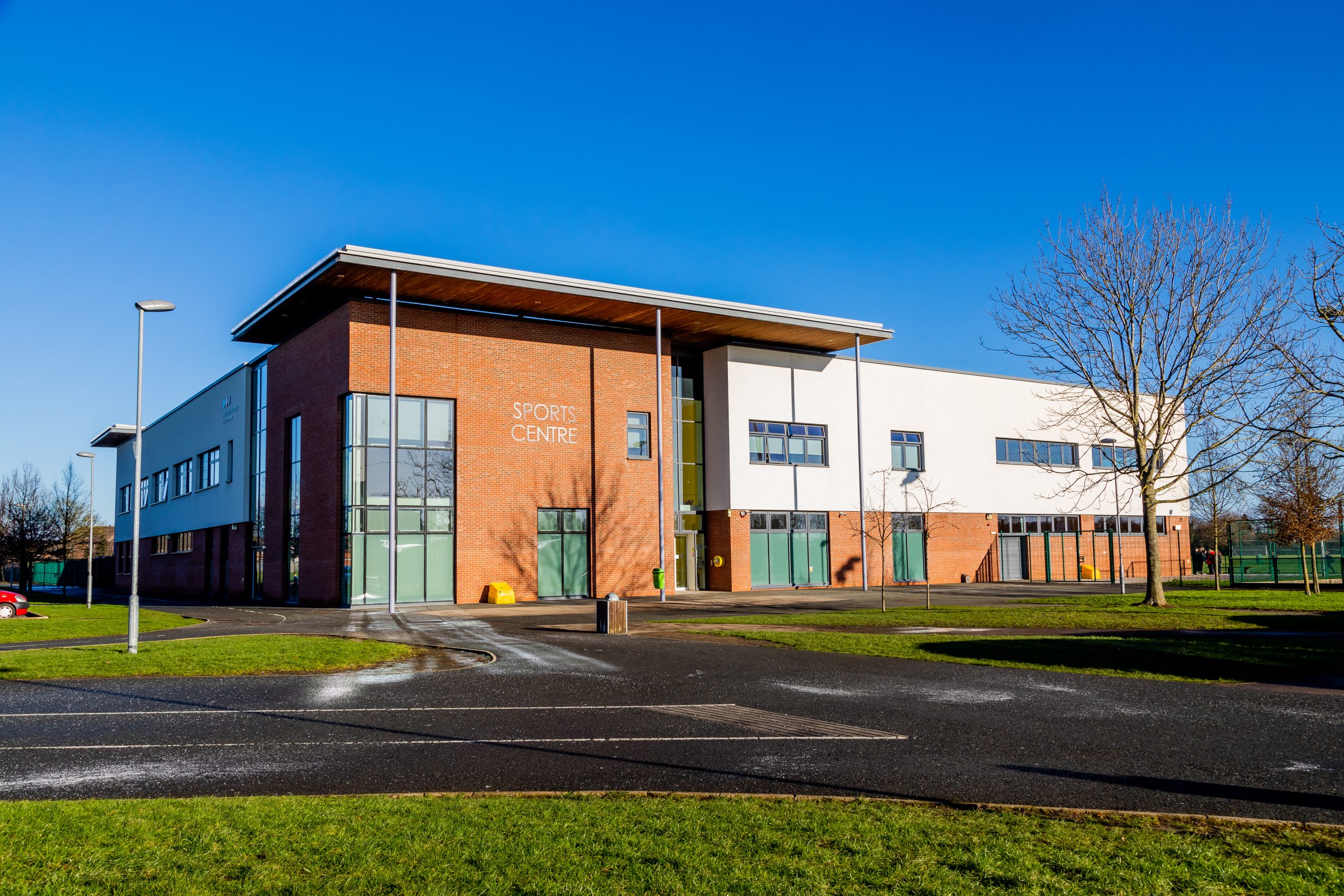A-Levels
A Levels are Level 3 qualifications that you can choose to take after your GCSEs (there are lots of other options too – check them out on the Qualification Planner).
You can take A Levels in schools, sixth form centres or at some Further Education Colleges. They are very well regarded by universities and employers.
A Levels will give you a chance to find out about your GCSE subjects in greater depth or you can choose to study one of the subjects that many schools and colleges only offer at A Level such as Law, Economics or Psychology. They are good preparation if you are thinking of going onto higher education or if you are not sure of your career plans, as they can keep your options open.
How many GCSEs will I need to start an A Level course?
To study A Levels you will need to have done well in your GCSEs. Most schools and colleges will expect you to have gained grades 9-4 (A*-C in old grades) in your GCSEs with a minimum of grade 4 in English Language and Maths. Specific requirements can vary from four passes to six passes, so you should check with each institution. Often you will need a GCSE at grade 6 or above in a subject if you want to go on to study it at A Level.
How long does an A Level course last and how many should I take?
A full A Level qualification is achieved after 2 years of study. How many you take depends on how well you have done in your GCSEs and what the school or college suggests would be best for you. Some students with very high GCSE grades take 4 A levels, but most students take 3 subjects, some sixth forms offer 4 to start then you can drop one later.
Different schools and colleges will offer a different range of subjects and a different combination of options so it’s best to research what’s on offer and what will suit you.
AS qualifications
AS qualifications used to be on offer in most schools but this has been changing over recent years. AS qualifications attract UCAS points and are independent qualifications. Some schools and colleges will offer these, but not all, so you will need to do your research.
Vocational qualifications alongside A Levels
It is possible to combine vocational qualifications such as BTEC Level 3 qualifications or OCR qualifications with A Levels. These qualifications attract UCAS points in the same way as A Levels do.
After A Levels
Both universities and employers really value A Levels.
After AS or A Level qualifications, many students continue their study or training through an apprenticeship, vocational qualification or a higher education course at a university or college.
Grades and points
A Levels are graded A*-E and these are all regarded as pass grades and gain UCAS points towards entrance to higher education. The points awarded for A Levels, AS Levels and other qualifications are sometimes called ‘tariff points’ or UCAS points (after UCAS, the admissions service for higher education).
A summary of the Tariff Points for A Levels is shown below:

Different universities and colleges and different courses require different amounts of Tariff Points. When you apply to university, your offer may be based on points or on grades. You can find out more about which courses want which points in the ‘Find and compare courses’ section or through the ‘Careerpilot Course Search Tool.‘
Some employers now specify a required number of UCAS points for some of their jobs or apprenticeships.
To see how many points other qualifications are worth look at the UCAS Tariff calculator.












